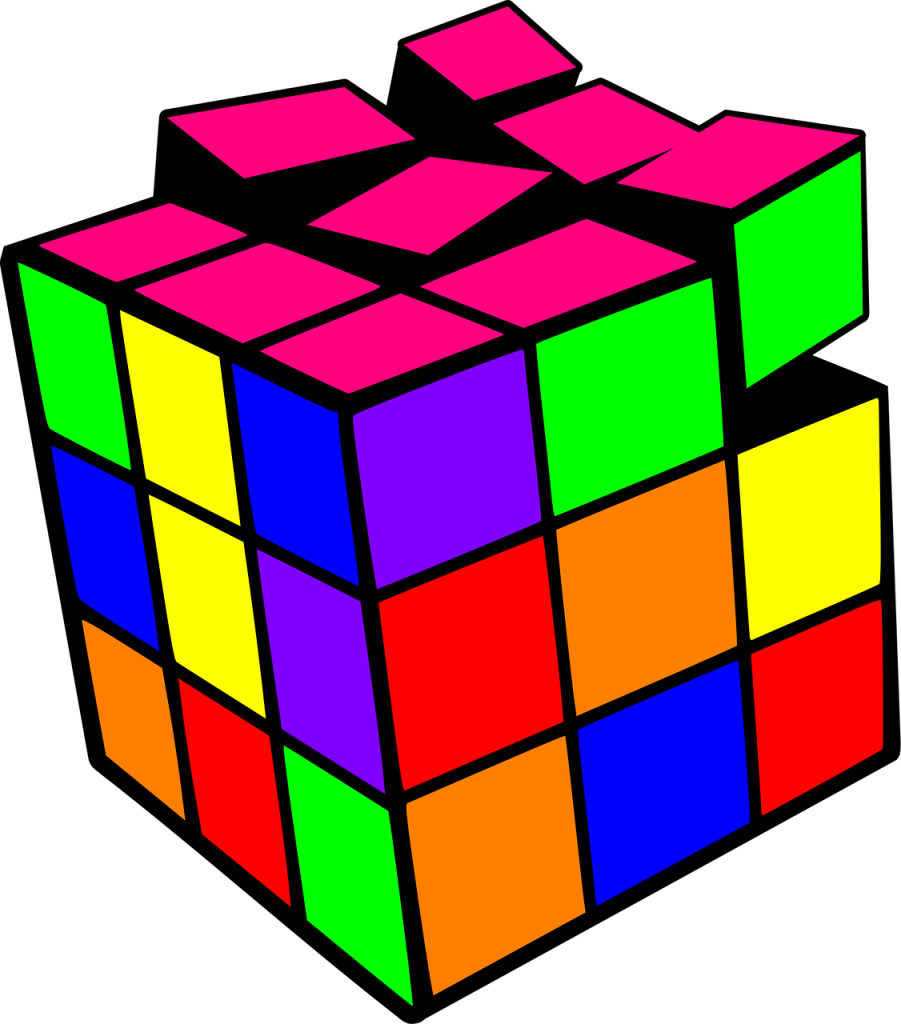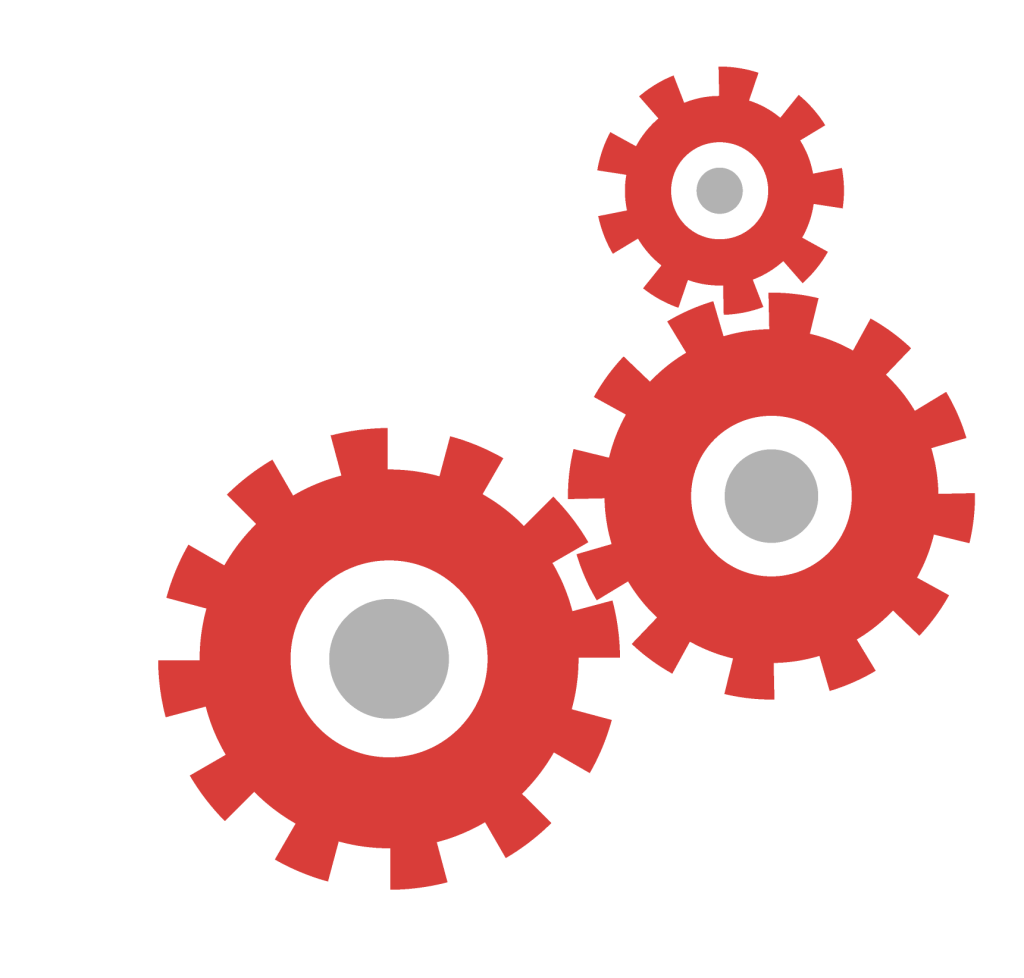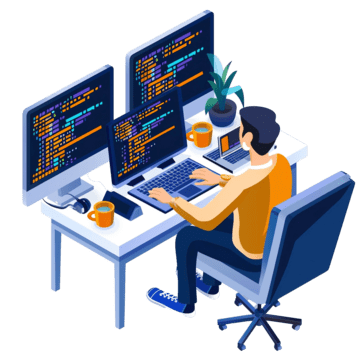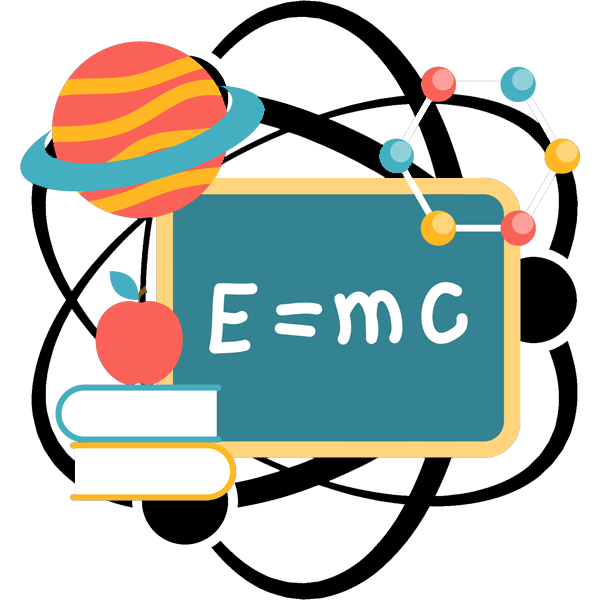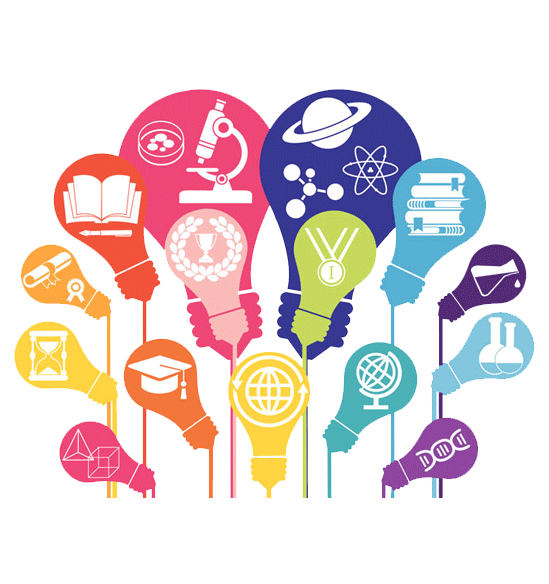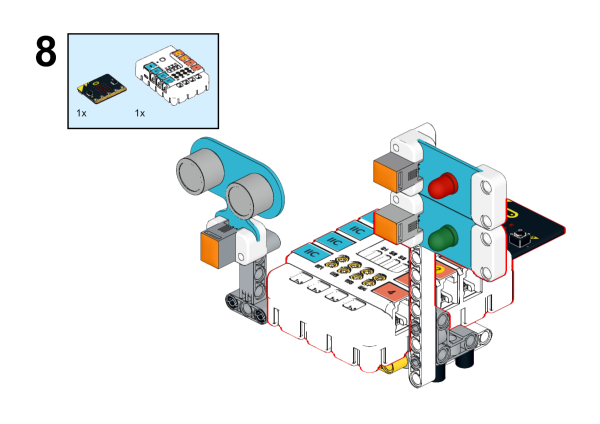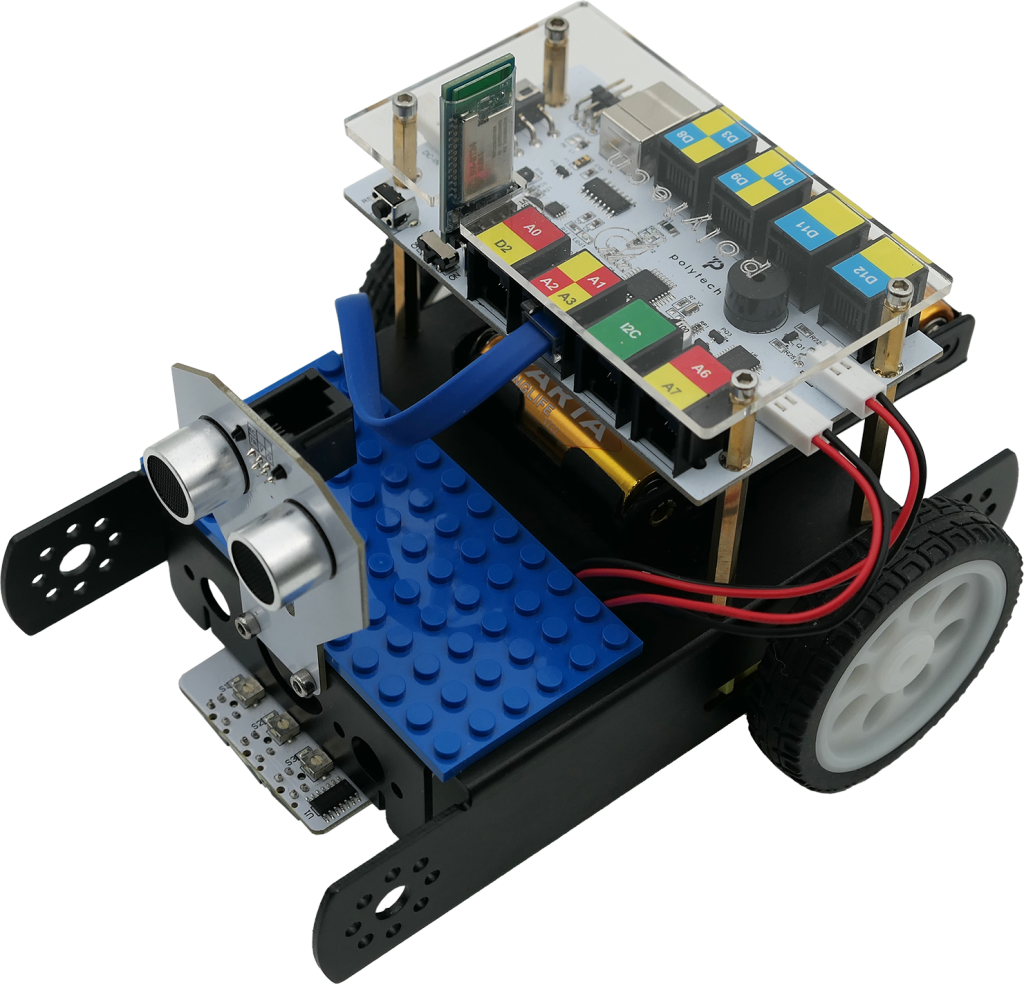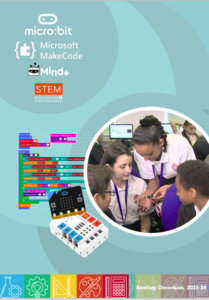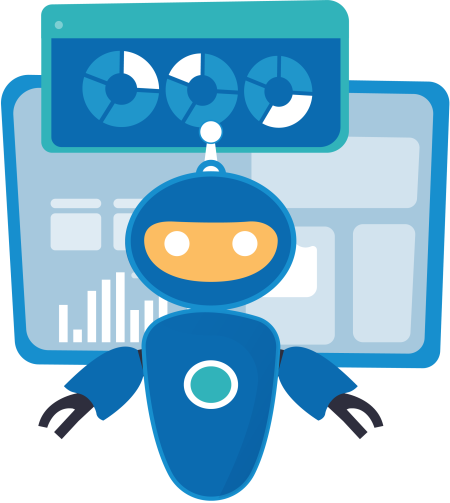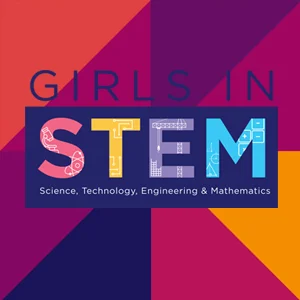
About Course
From ancient times to the present day, women have broken stereotypes and carved their own path in areas once considered exclusively male prerogatives. These pioneers have made significant contributions to science and technology, demonstrating their ability to innovate and lead. Meet the amazing women who paved the way for generations to come. Ada Lovelace, who wrote the first algorithm for a computer. Grace Hopper, who developed the first compiler and helped develop the COBOL programming language. Hedy Lamarr, who invented the spread spectrum and laid the groundwork for wireless communication. Katherine Johnson, the NASA mathematical genius who calculated the orbits for the first US space missions. These women are not only a chapter of history but also a source of inspiration for all girls and women today. Come celebrate their legacy and inspire new generations to follow in their footsteps. In our skills workshop, consisting of 9 45-minute activities, we will create our own wearables and explore the exciting possibilities of technology. We will explore electronics, programming and wireless technologies, with an emphasis on creativity and innovation. This programme is dedicated to empowering girls from around the world, giving them the tools and confidence to forge their own path in science and technology.
Course Content
01 Iron Woman
-
Educational Objectives
-
Materials Needed
-
Teacher’s Guidelines
-
Lesson Presentation
04:31 -
Lesson Worksheet


